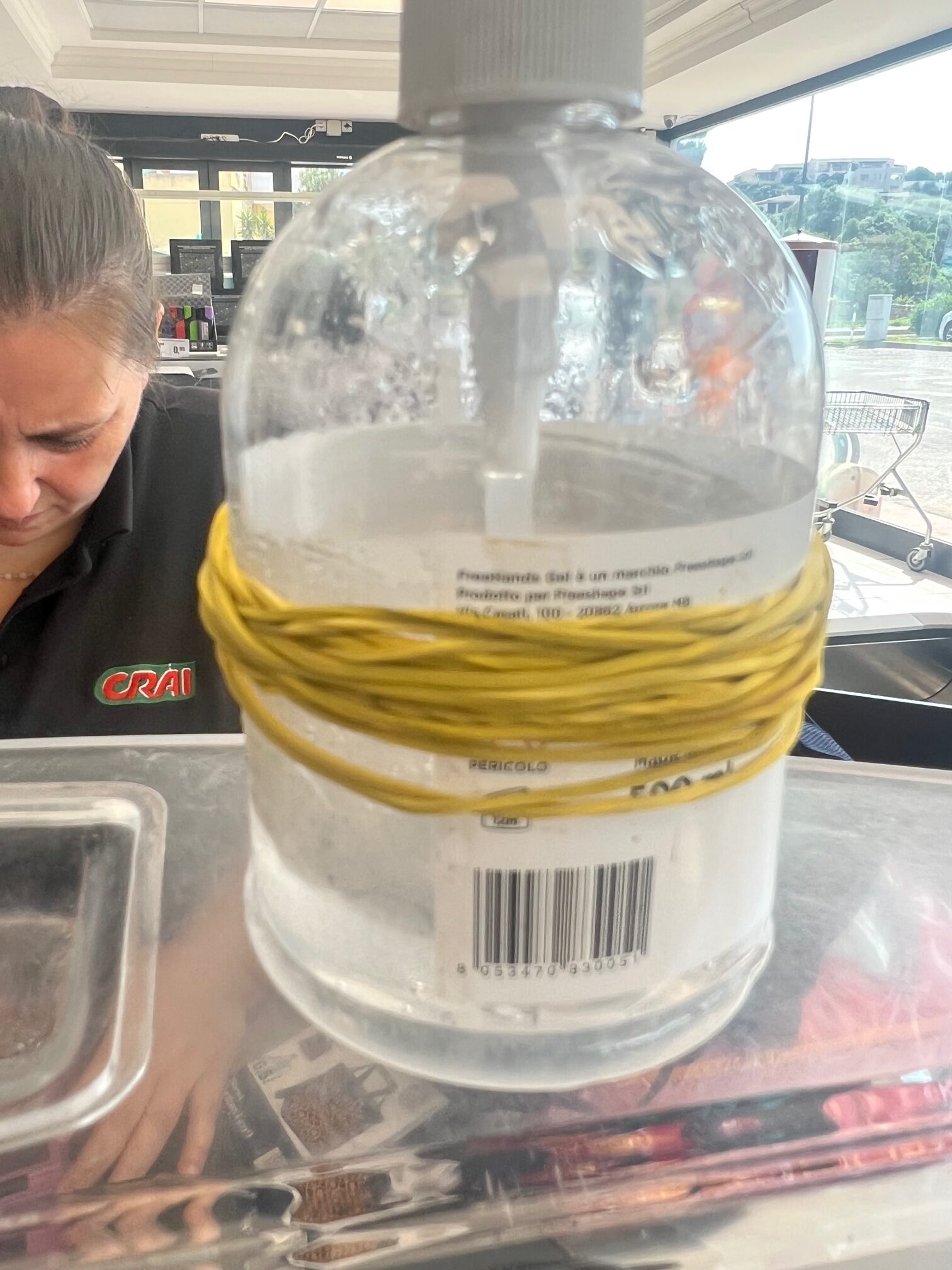
In the realm of food safety, stringent hygiene standards are a fundamental requirement throughout the production process. From farms and factories to packaging and distribution, extensive measures are implemented to ensure the safety and quality of the food we consume. However, it is worth examining the disparity between the rigorous regulations imposed on food production and the relatively limited rules governing hygiene practices for customers in stores.
Food Production and Hygiene Standards: In food production facilities, meticulous hygiene protocols are in place to safeguard against contamination and the spread of harmful bacteria. Stringent guidelines regulate equipment cleanliness, employee hygiene, and proper sanitation practices. Staff members undergo training to maintain high standards and adhere to strict protocols, minimizing the risk of food borne illnesses.
Regular inspections and audits are conducted to ensure compliance with these standards. Farms and factories are subject to rigorous checks to verify the cleanliness of equipment, proper storage practices, pest control measures, and the use of safe ingredients. These comprehensive regulations aim to provide consumers with the assurance that the food they purchase has been produced and handled in a safe and hygienic manner.
Food Packaging and Distribution: Even during the packaging and distribution stages, food safety remains paramount. Packaging materials must be designed to prevent contamination and maintain the integrity of the product. Transport vehicles are regularly cleaned and maintained to ensure that the food is delivered under optimal conditions, preserving its safety and quality. Temperature control measures are implemented to prevent the growth of bacteria and maintain the freshness of perishable goods.
Customer Hygiene in Stores: While the emphasis on hygiene in food production is crucial, the same level of scrutiny is often not applied to customer hygiene practices within stores. The responsibility for maintaining cleanliness and preventing cross-contamination falls largely on the customers themselves. Although general guidelines for customers exist, such as hand-washing facilities and the use of hand sanitizers, there is often a lack of specific regulations governing customer behavior in stores.
Six compelling reasons to maintaining a higher minimum level of hygiene in stores
- Customer Health and Safety: Maintaining a clean and hygienic environment helps ensure the health and safety of customers. Clean surfaces and proper sanitation practices reduce the risk of transmitting harmful bacteria, viruses, and other pathogens that can cause illnesses. This is particularly important in places where food is sold or prepared.
- Positive Customer Experience: A clean and well-maintained store creates a positive impression on customers. It enhances their shopping experience and instills confidence in the store’s products and services. Customers are more likely to return and recommend a store that prioritizes hygiene.
- Preventing Pest Infestations: Poor hygiene can attract pests like rodents, insects, and flies.
These pests not only pose health risks but can also damage products, contaminate food items, and tarnish the store’s reputation. Proper hygiene practices, such as regular cleaning and waste management, help prevent pest infestations. - Compliance with Regulations: Many countries have health and safety regulations that dictate cleanliness standards for stores. Compliance with these regulations is not only a legal requirement but also helps prevent fines and penalties. Regular inspections may be conducted to ensure that stores adhere to these standards.
- Employee Health and Morale: By maintaining a hygienic environment, store owners can protect the health and well-being of their employees. A clean workplace reduces the risk of employees falling ill and spreading illnesses among coworkers and customers. A healthy work environment also boosts morale and productivity.
- Brand Reputation: A store’s hygiene practices reflect its overall brand image and reputation. Customers are increasingly conscious of cleanliness and hygiene, especially in the wake of the COVID-19 pandemic. A store that prioritizes hygiene demonstrates its commitment to customer well-being and can earn a positive reputation in the community.
The Role of Education and Awareness: Addressing this disparity requires a multifaceted approach. Increased education and awareness campaigns can empower consumers to adopt responsible hygiene practices when shopping. Stores can play a vital role by promoting hygiene awareness through clear signage, public announcements, and educational materials.
Encouraging Personal Responsibility: Encouraging personal responsibility is another key aspect. By emphasizing the importance of proper hand hygiene, respiratory etiquette, and responsible food handling, customers can contribute to a cleaner and safer shopping environment. Store personnel can also be trained to engage with customers in a respectful and informative manner, reinforcing hygiene practices and offering assistance where needed.
Conclusion: While stringent hygiene standards in food production are indispensable for ensuring food safety, it is essential to recognize the importance of hygiene within stores as well. By promoting education, awareness, and personal responsibility, stores can contribute to maintaining a clean and hygienic environment, thereby further enhancing food safety and customer well-being. Striving for consistency in hygiene standards throughout the entire food supply chain will ultimately lead to a more comprehensive and effective approach to protecting public health.
The photos were taken at Crai Supermarket in Cala di Volpe, Sardina 2023-06-20. No customers touched the bottle during their visit in the store. The rest of the store was fairly clean. Ironically enough the dirtiest thing in the store was their hygiene solutions to their customers.
Use disinfectants safely. Always read the label and product information before use.
Biocider ska användas på ett säkert sätt. Läs alltid igenom etiketten och produktinformationen före användningen.





